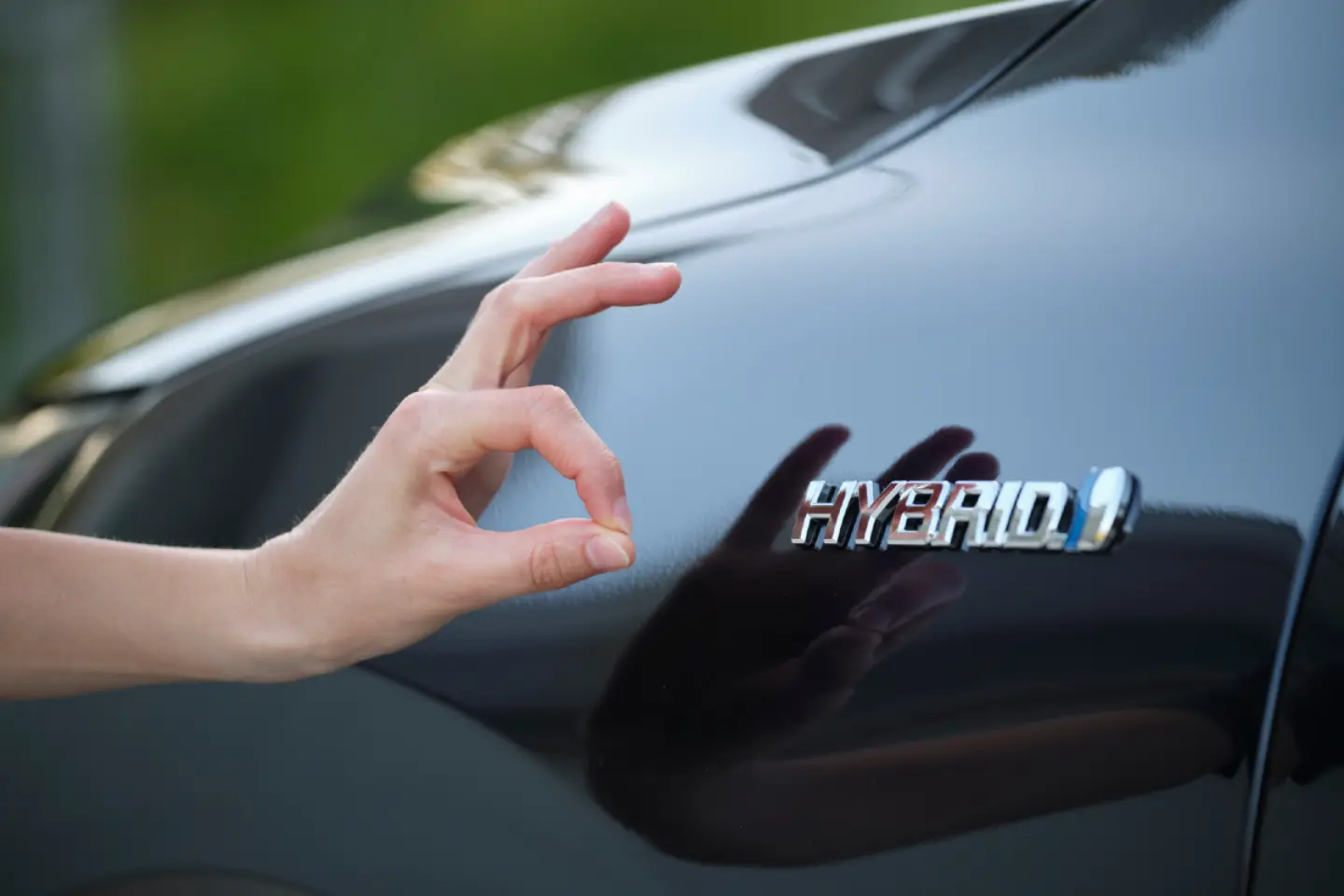Hybrid cars, the innovative fusion of electric and internal combustion technology, are lauded for their improved fuel efficiency and reduced emissions. This eco-friendly alternative to traditional petrol or diesel vehicles has been heralded as a significant stepping stone towards a more sustainable future. However, as more motorists make the transition to hybrids, it becomes crucial to highlight and understand the common issues that can accompany these complex machines.

One of the most prominent concerns with hybrid cars is the lifespan and health of the battery. Hybrid vehicles rely on a high-voltage battery pack that is different from the standard 12-volt battery found in conventional cars. Over time, these battery packs can lose their ability to hold a charge, which can lead to diminished performance and reduced electric-only driving range. Battery replacement can be a costly affair, and while manufacturers often offer substantial warranties on these batteries, they can still pose a financial burden when the time for replacement eventually comes.
Another hybrid-specific issue is the regenerative braking system. This innovative system recharges the battery by converting kinetic energy back into stored electrical energy during braking. While regenerative brakes are ingenious, they can sometimes provide a different braking feel that takes some getting used to. Additionally, some drivers have reported less effective braking performance or unexpected brake behaviour, which can lead to increased maintenance visits to ensure proper function.
In terms of maintenance, hybrid vehicles require diligent service just like their solely internal combustion-engine counterparts. However, due to the complexity of hybrid systems, finding qualified technicians may present a challenge. Not all mechanics are trained or equipped to handle the intricate electrical components of hybrid cars, and as a result, you may need to depend on authorised dealerships or specially trained mechanics for certain repairs, which can be costlier.
Electrical system malfunctions are also a concern in hybrid vehicles. The sophisticated energy management systems, which dictate the switching between electric motor and combustion engine, can experience technical glitches. These can affect not only the drivability of the car but also aspects such as heating and cooling since those systems are often tied into the vehicle’s electrical system as well.
Transmission issues are less common in hybrids than in conventional cars, but when they do occur, they can be perplexing. Many hybrids use a continuously variable transmission (CVT), which is quite different from traditional automatic or manual transmissions. CVTs have fewer moving parts but are not immune from issues such as shuddering, lagging, and sometimes, failure. These symptoms require prompt attention, as neglect can result in significant damage and costly repairs.
Another consideration is the noise, or lack thereof, that hybrid cars emit. While the quiet operation is a selling point for many, it can also be seen as a double-edged sword. Pedestrians and cyclists may not always hear a hybrid vehicle approaching, especially at low speeds in electric mode, potentially raising safety concerns. Some jurisdictions are looking into or have already mandated artificial noise-makers in hybrids for this reason.
Lastly, as with any vehicle, hybrid cars can suffer from the same day-to-day issues any other car might face, such as tire wear, suspension concerns, and general wear and tear. However, given the unique propulsion system of a hybrid, what may begin as a standard vehicle problem can quickly escalate into something that impacts the car's sophisticated hybrid system, leading to secondary issues if not addressed promptly.
In closing, while hybrid cars exhibit many advantages over traditional vehicles, prospective and current owners should be mindful of the unique challenges they may face. Knowledge is power, and understanding these common hybrid car problems can better equip drivers for the hybrid experience. Regular maintenance and addressing concerns immediately when they arise can significantly mitigate these issues, but it's worth noting these potential complications as part of the broader hybrid ownership landscape. As the technology continues to progress and evolve, so too will the solutions to these concerns, enhancing reliability and convenience for the environmentally conscious motorist.
